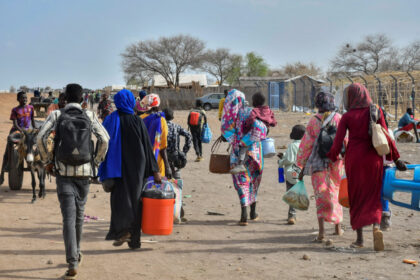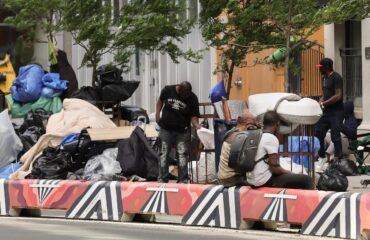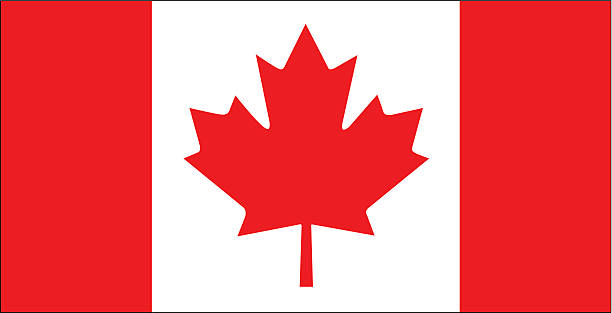
When situations that favours climate change issues, multidimensional poverty, and the digital divide are well in existence in a particular community or geographical location due to poor environmental legislation, public funds embezzlement, poor infrastructure, conflict, and other triggers. The people and animals living in such a community or location face difficulties that affect their well-being and overall development more than people that reside in better governed communities or locations, and the need for help arises.
N.A.L.T Canada believes that the cry of the masses in poorly governed communities should be heard and responded to. Our finding shows that governments of places facing crisis often tend to get the attention of counterparts from around the world more. But then there are people that suffer from the hardship of climate change issues, multidimensional poverty, and the digital divide, and the people they have in government doesn’t show up much for the people. N.A.L.T Canada wants to help make the voices of such people heard in Canada and around the world.
Unequal service delivery is the definition we have on what hinders the voices of helpless masses around the world from being heard and we believe that Canada can lead the change. Our long-term action involves engaging governments to enact laws that will protect our planet and the push on climate change sensitive sectors players like energy, mining, maritime, and autos to adhere strictly to governing laws.
Materials and money donations from Canadian governments, their counterparts, and concerned individuals and organizations help us tackle multidimensional poverty that affects health, education, and living standards by developing health centres, farms, water boreholes, schools, electricity, and housing. We also aim to reduce the digital divide by providing digital technology and the internet to people in remote communities. Sustainable management of our projects is a key part of the initial planning for any project. We commit our projects to our partners that have legal status within the jurisdiction to oversee the running, after the project commissioning.



